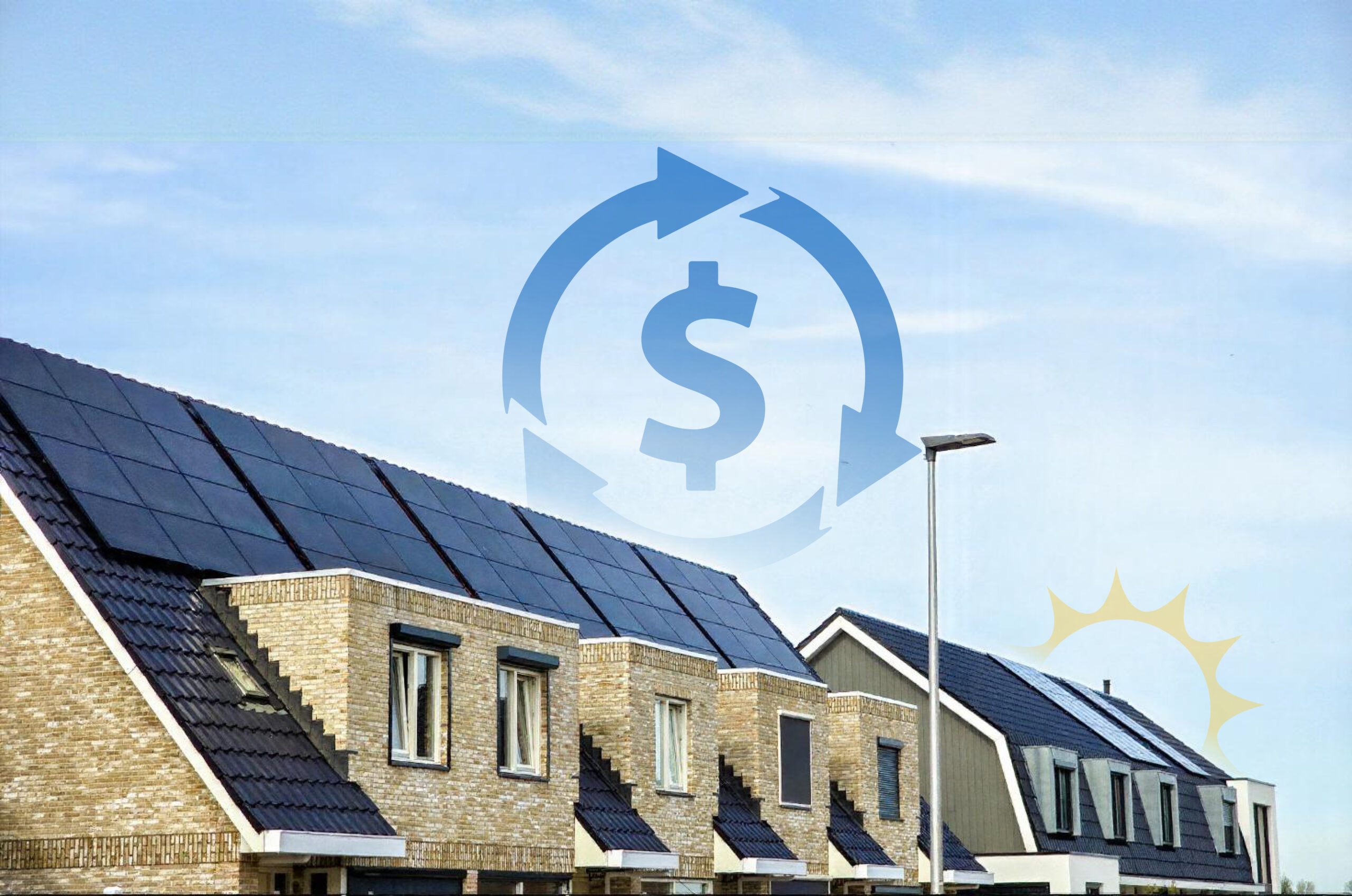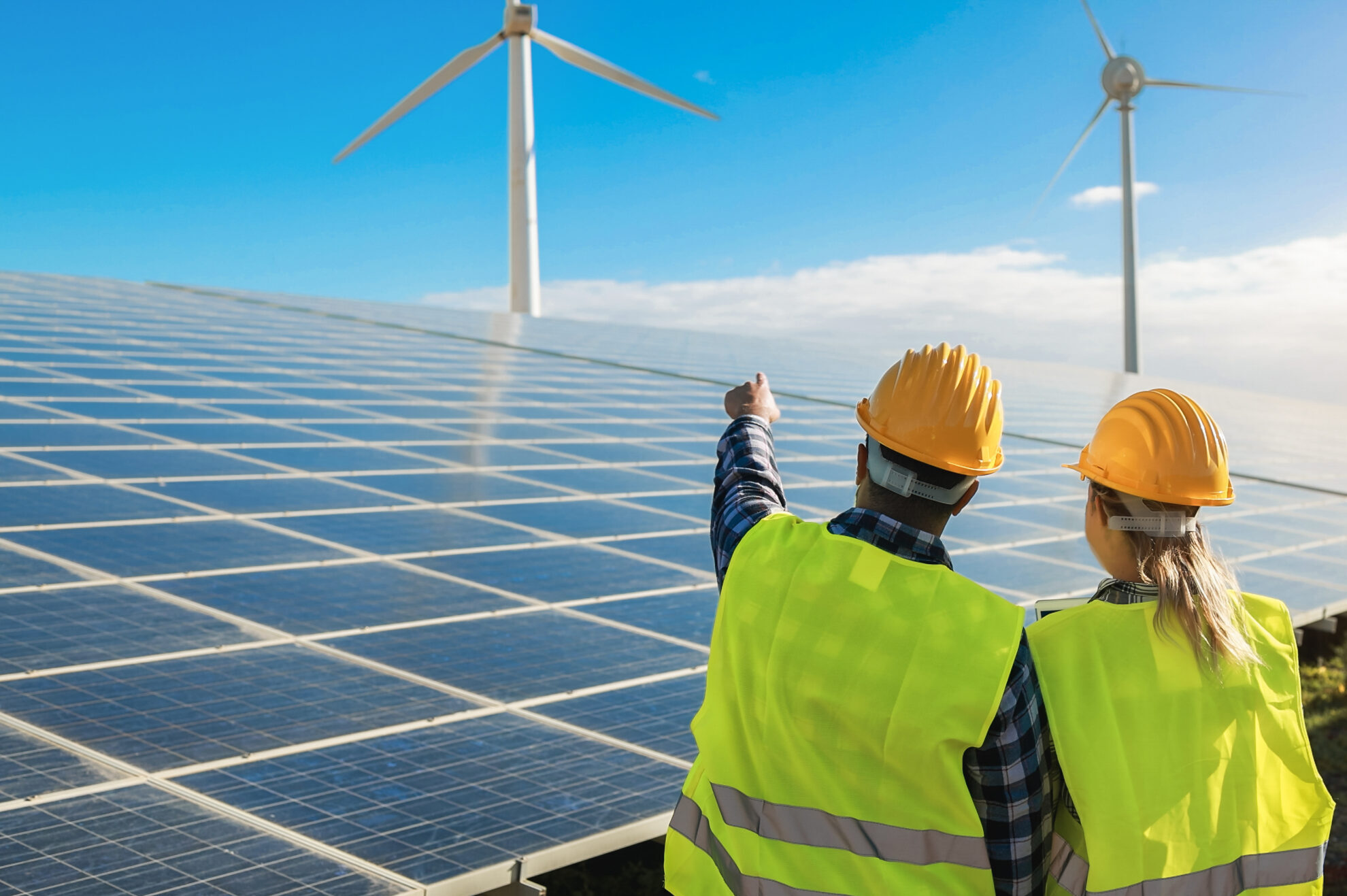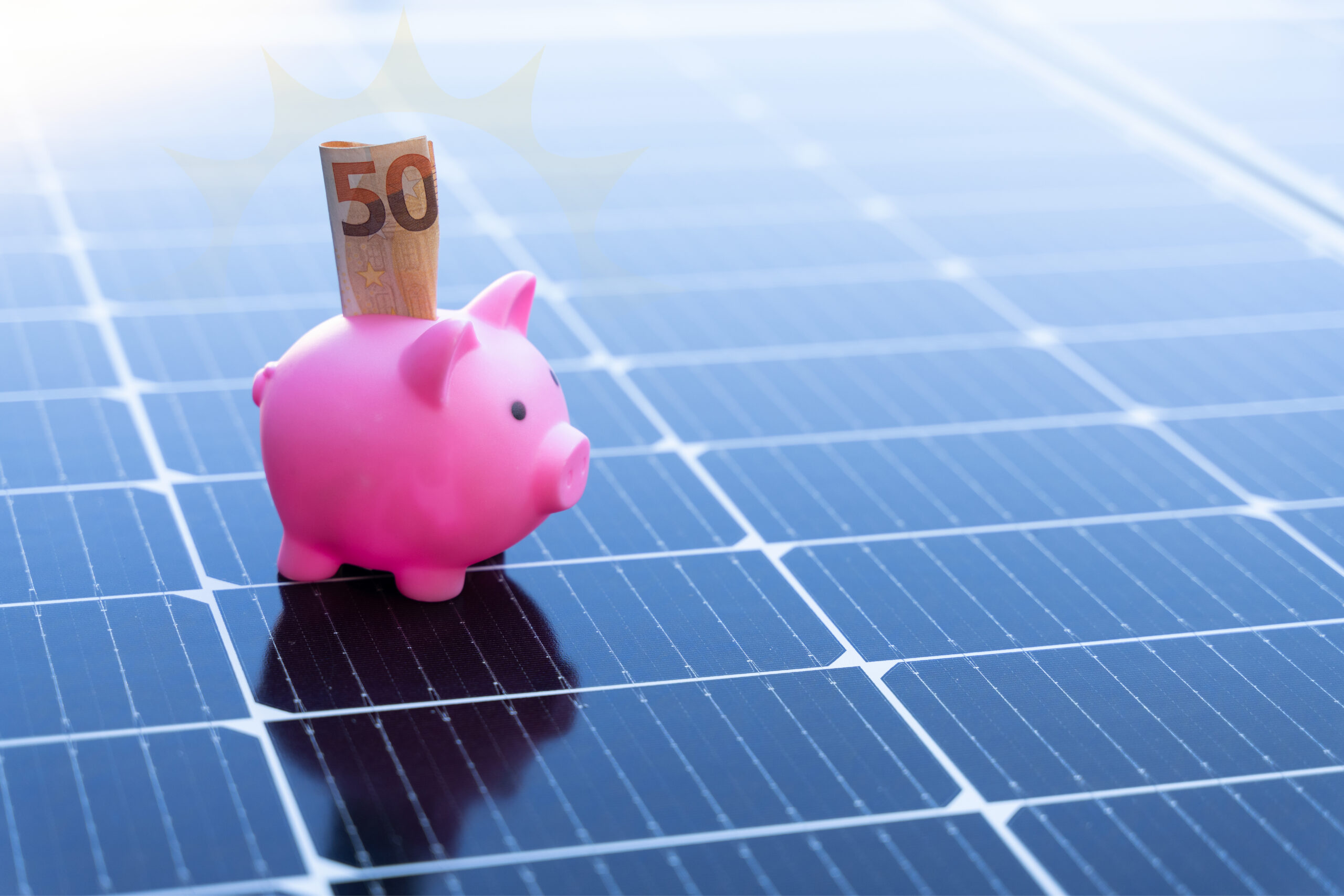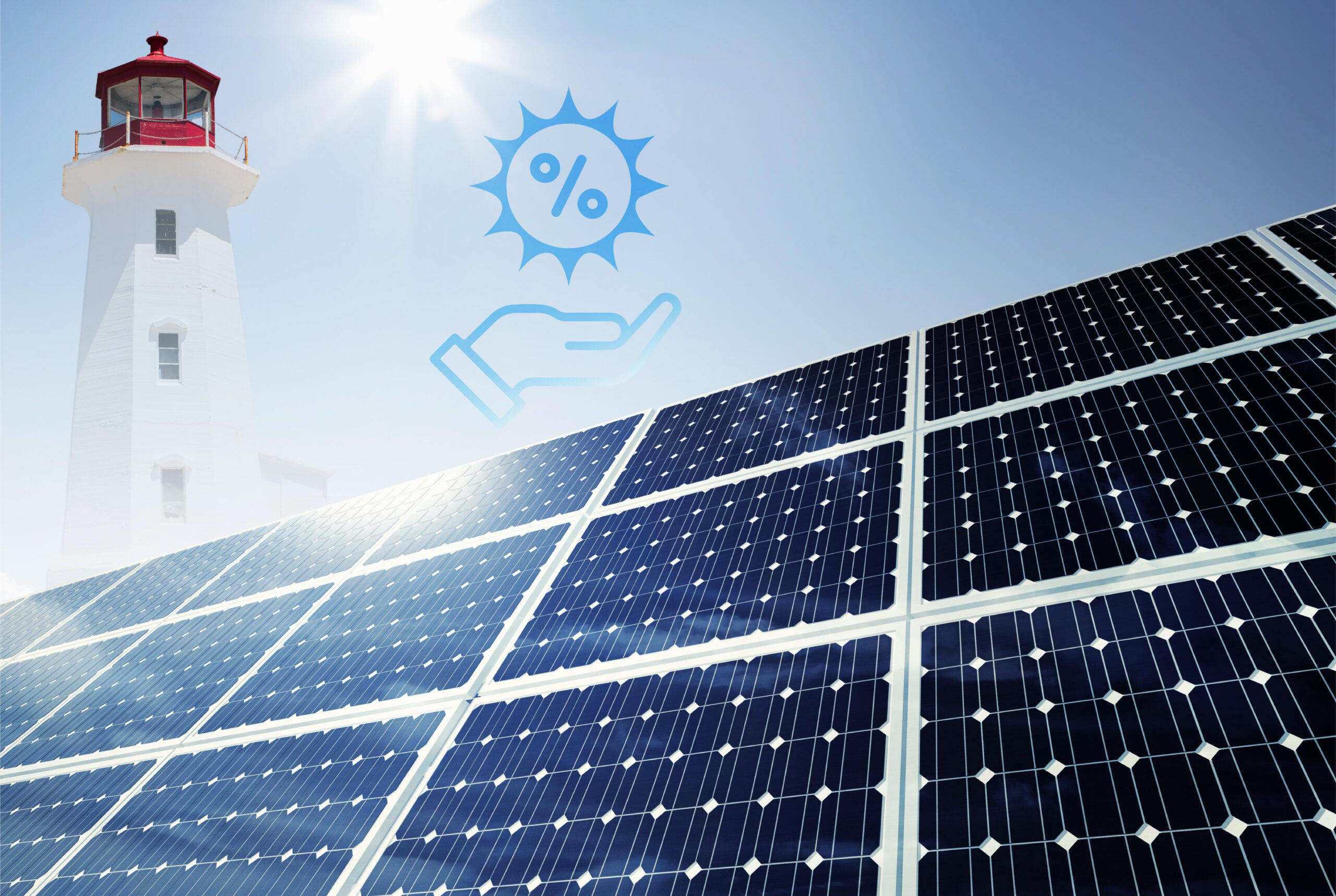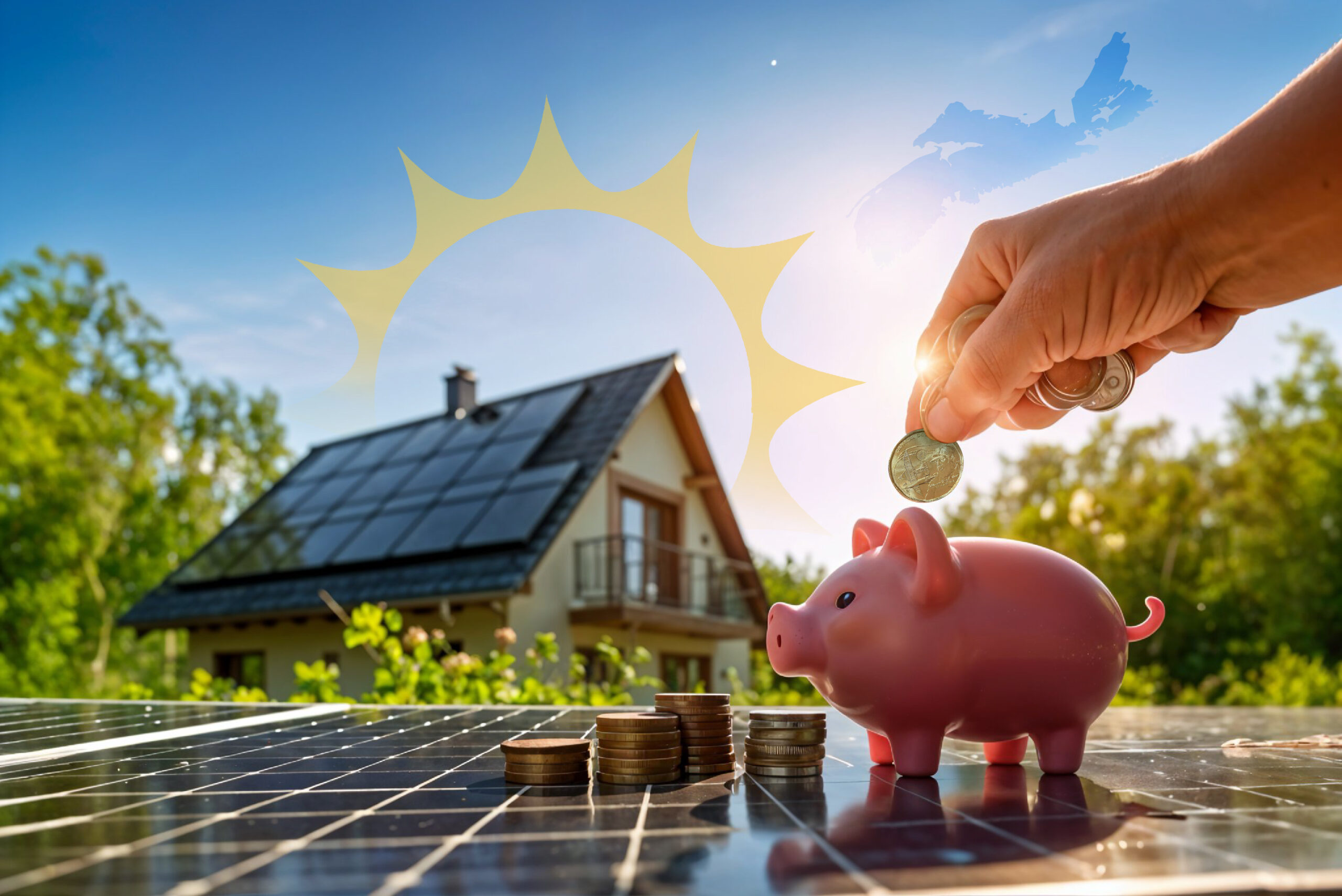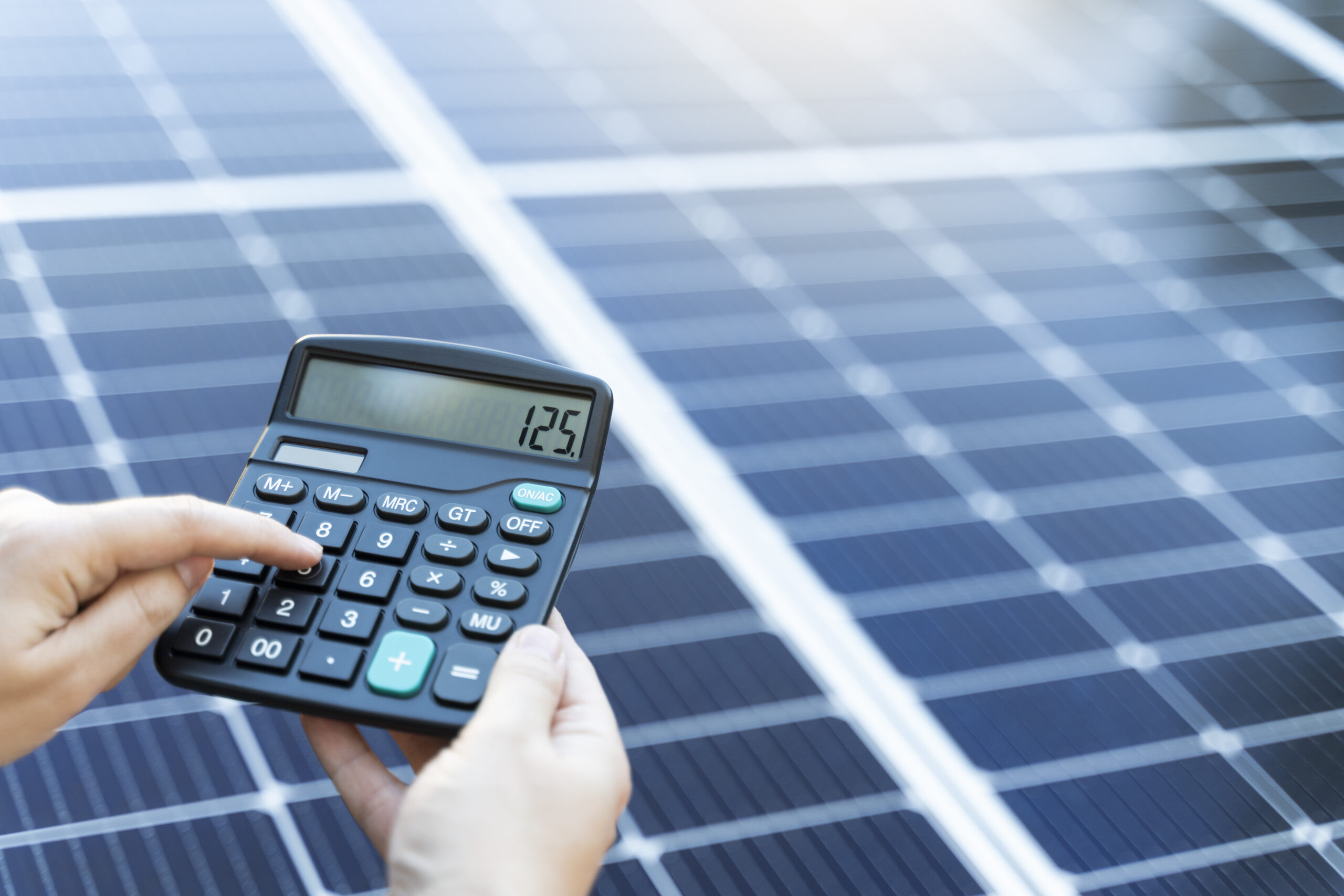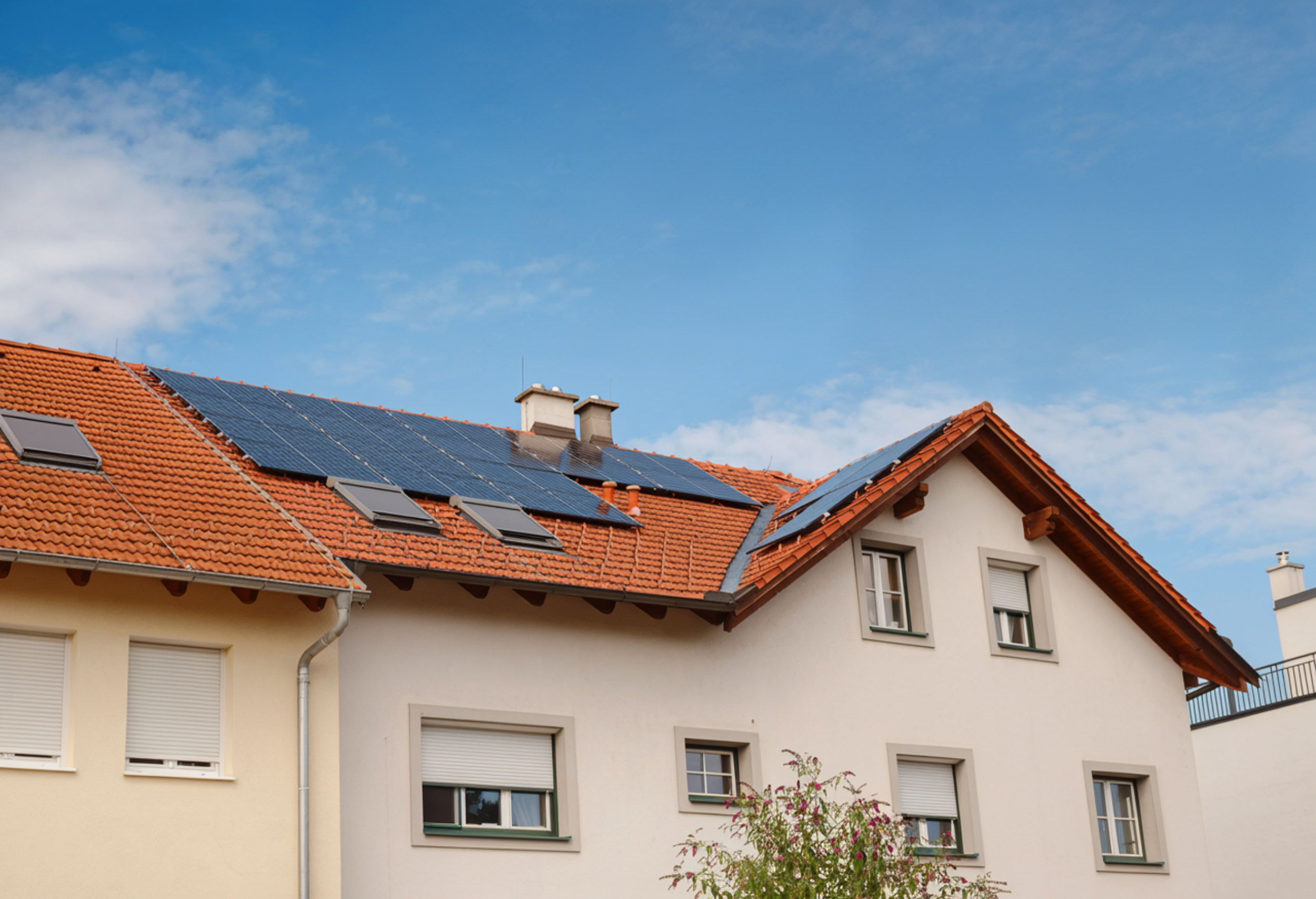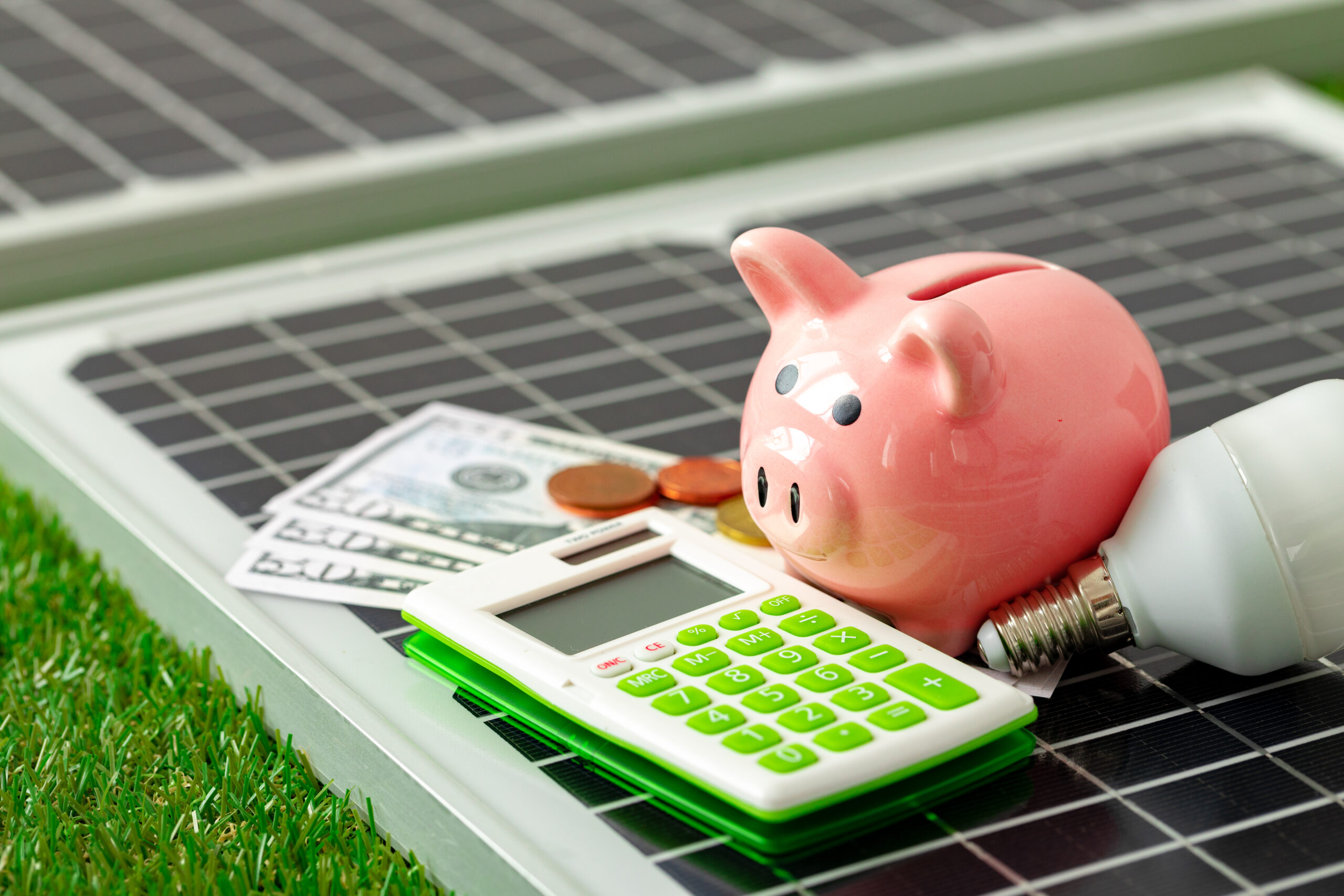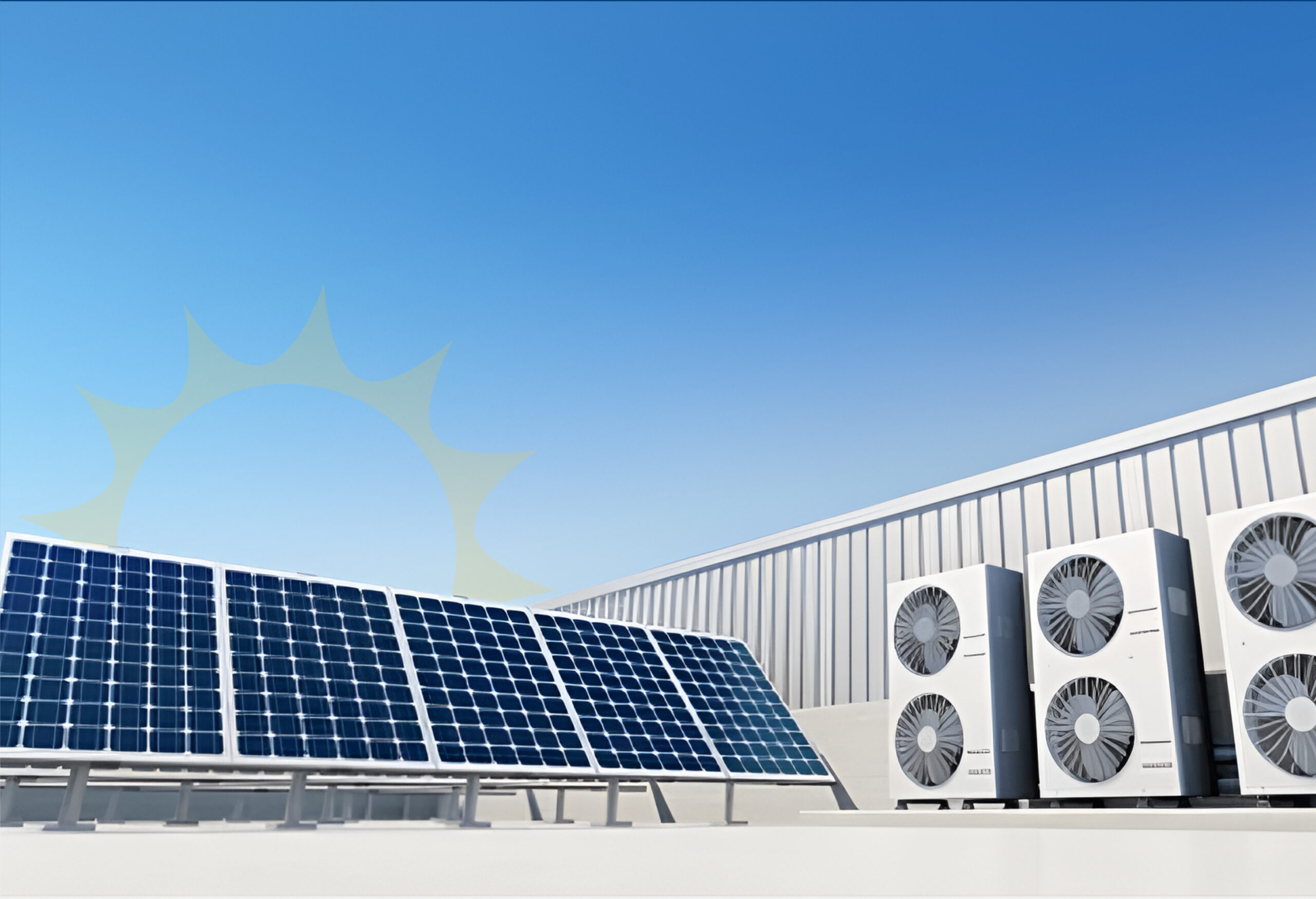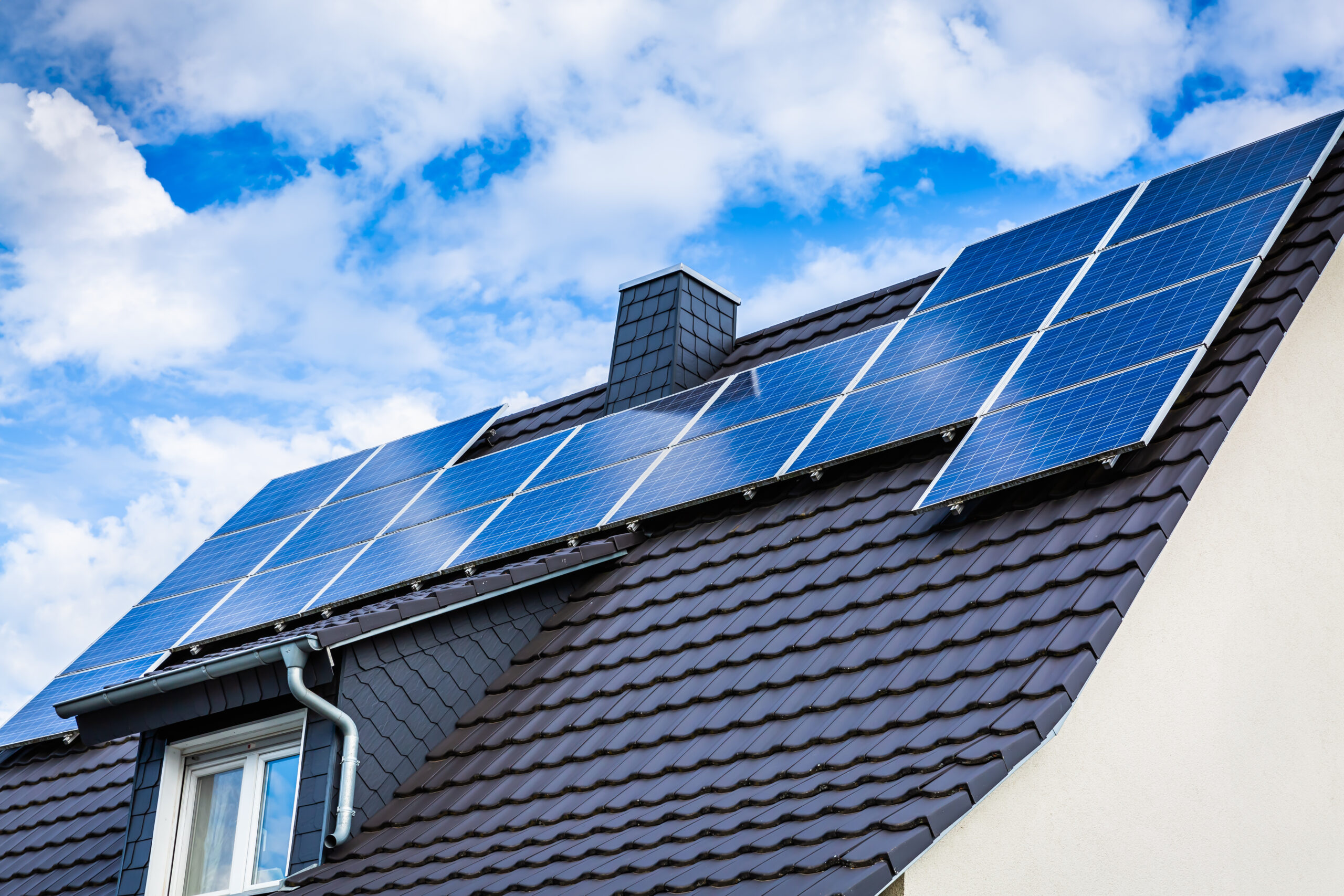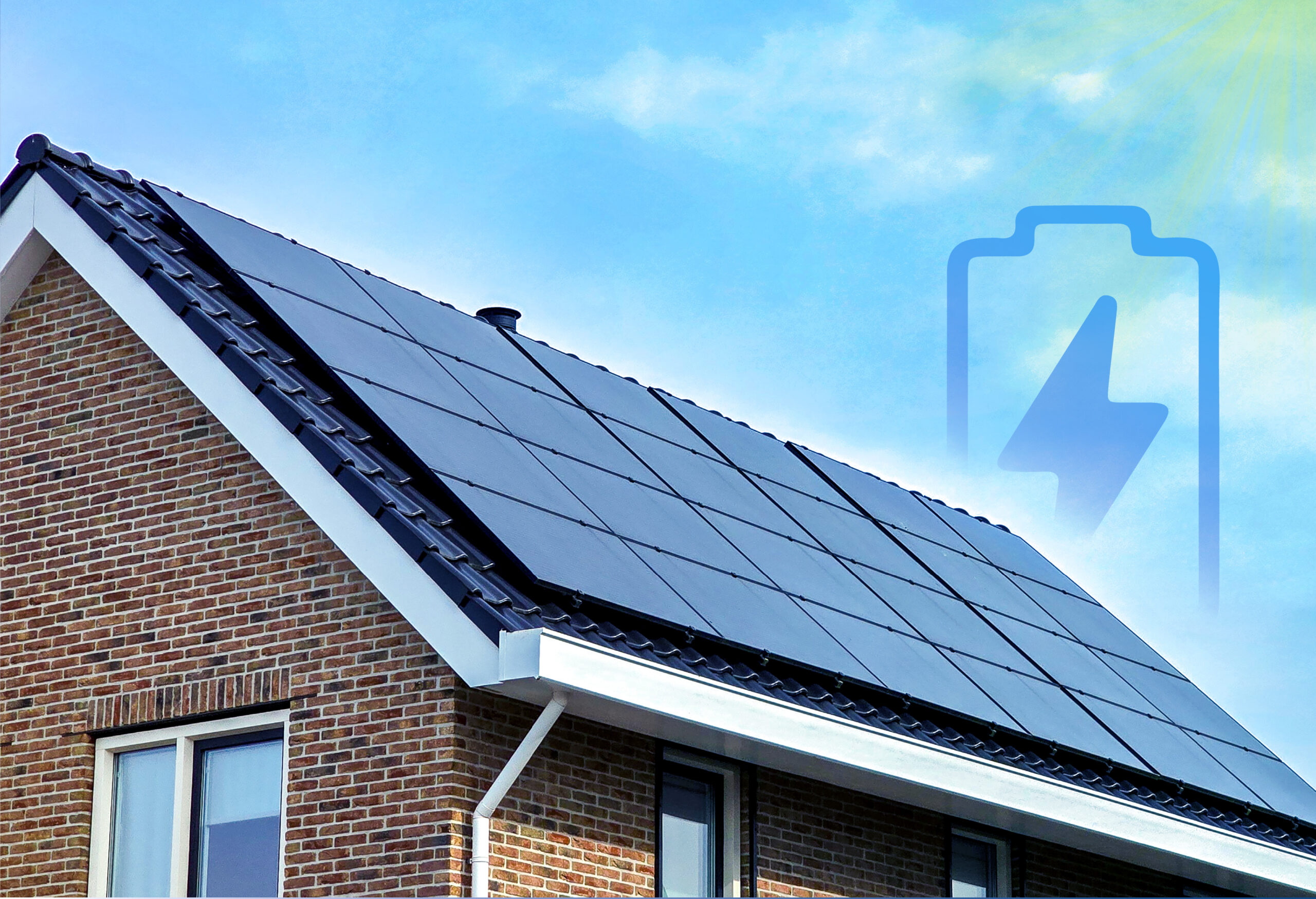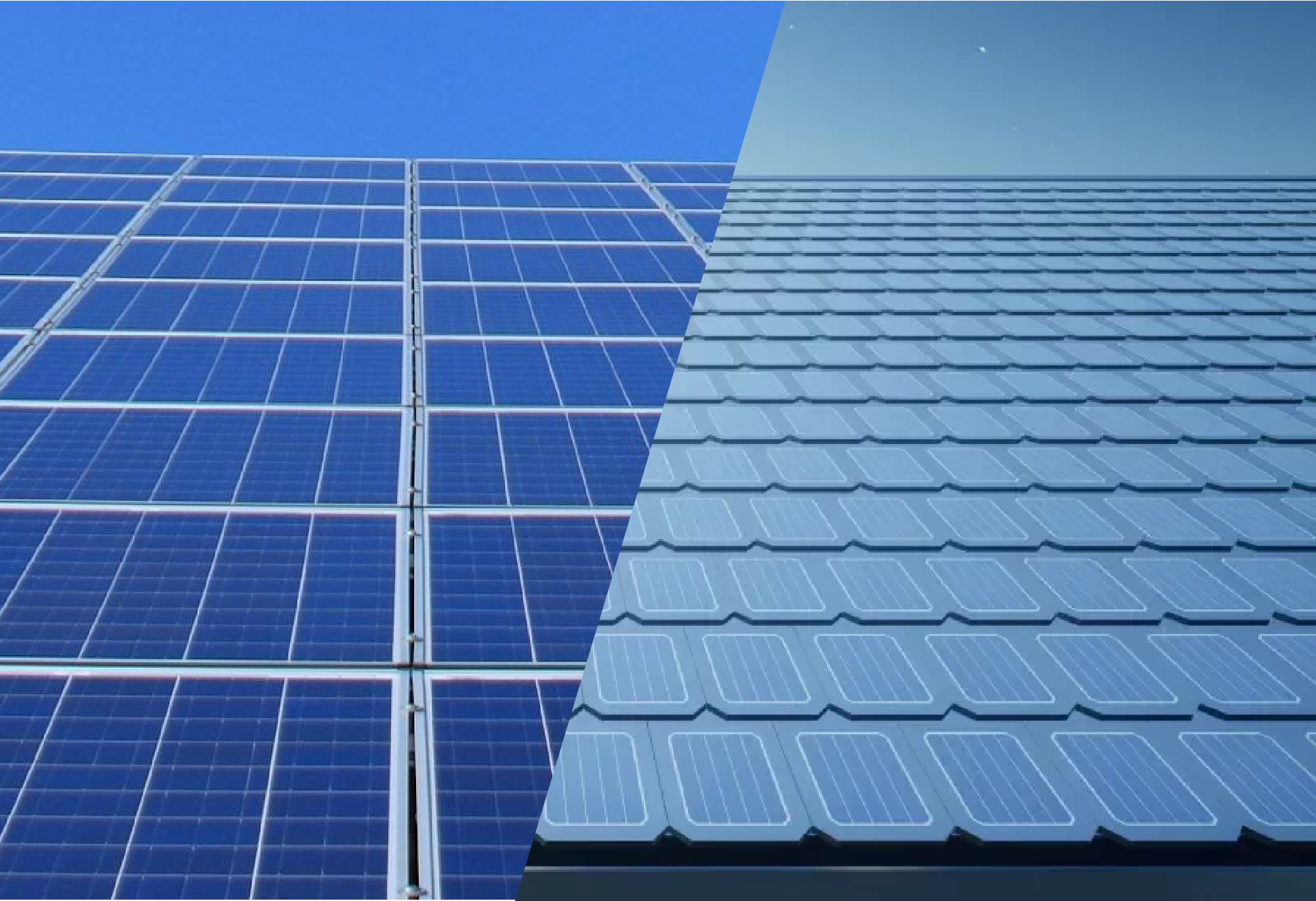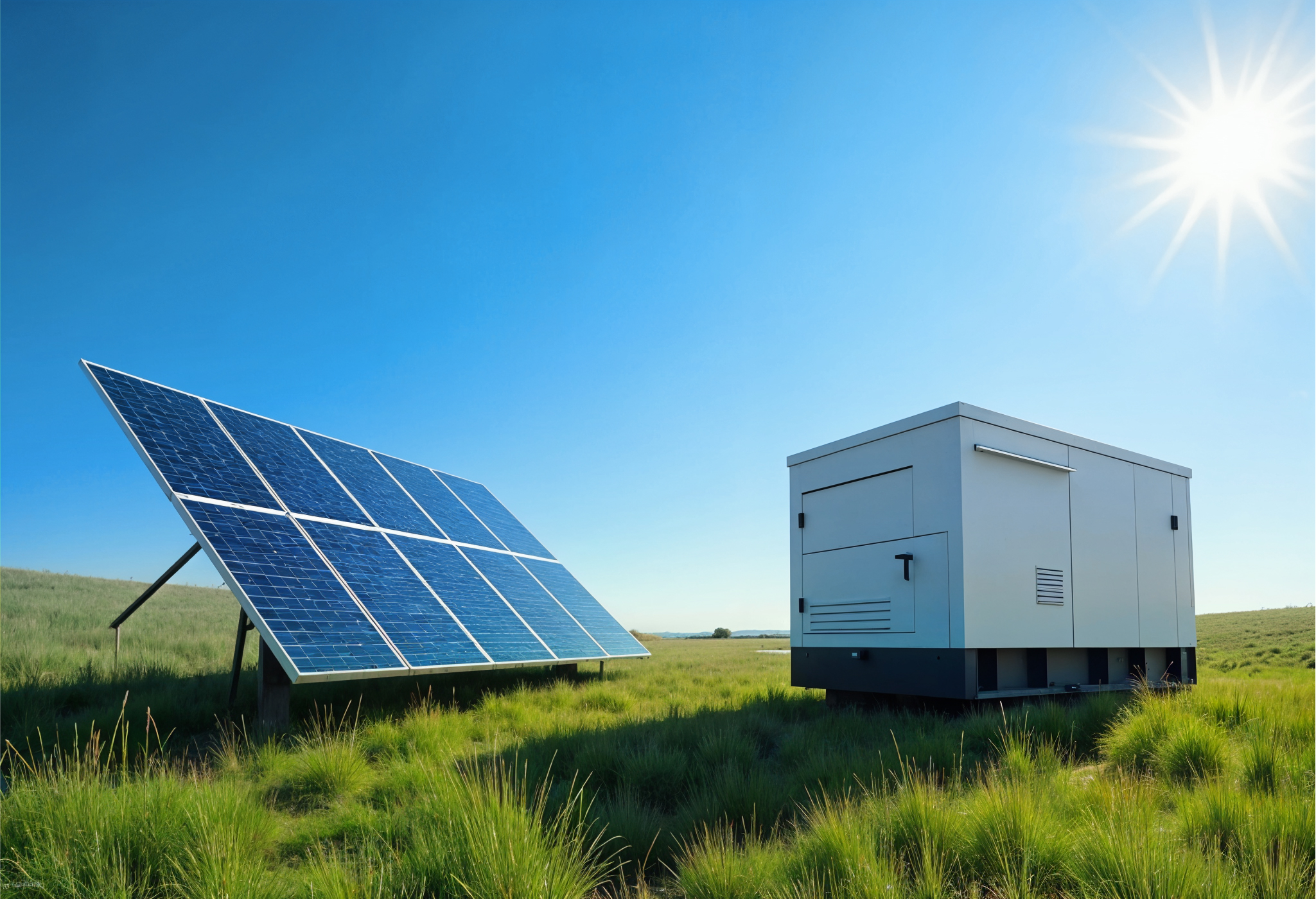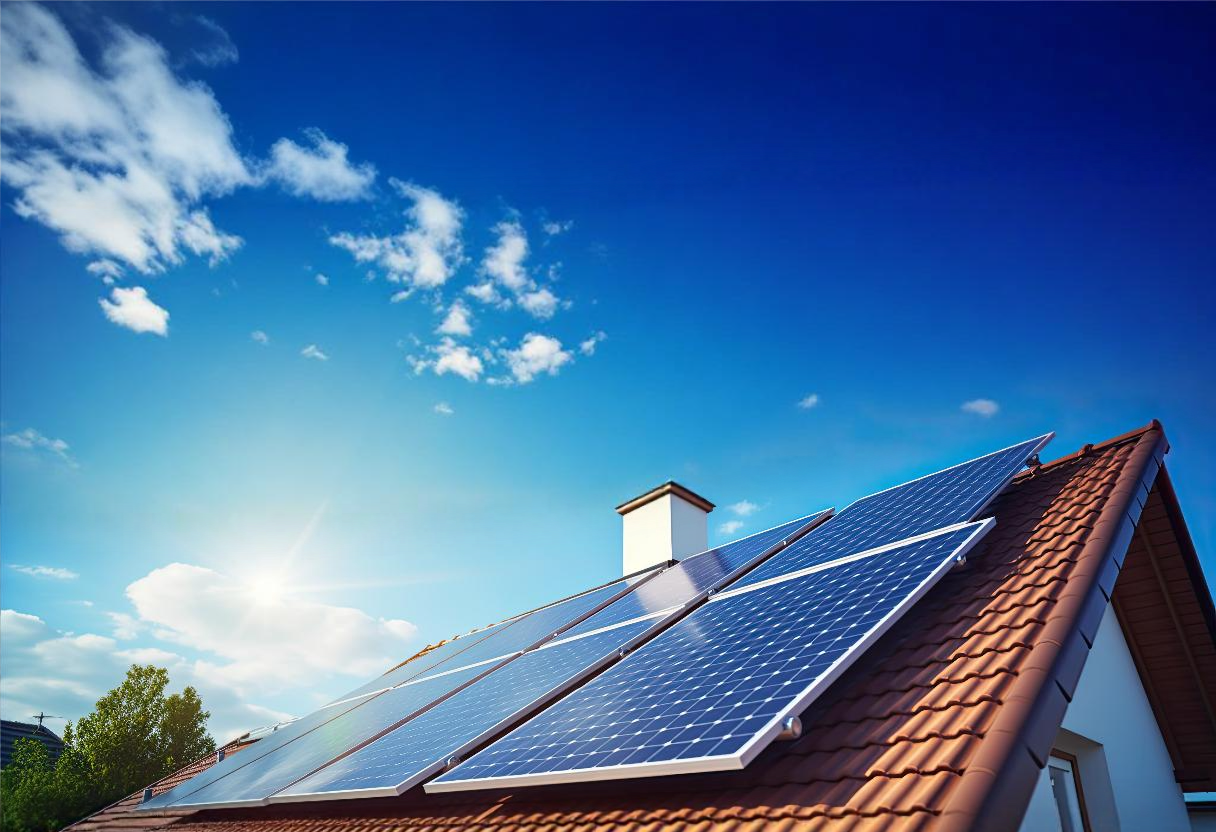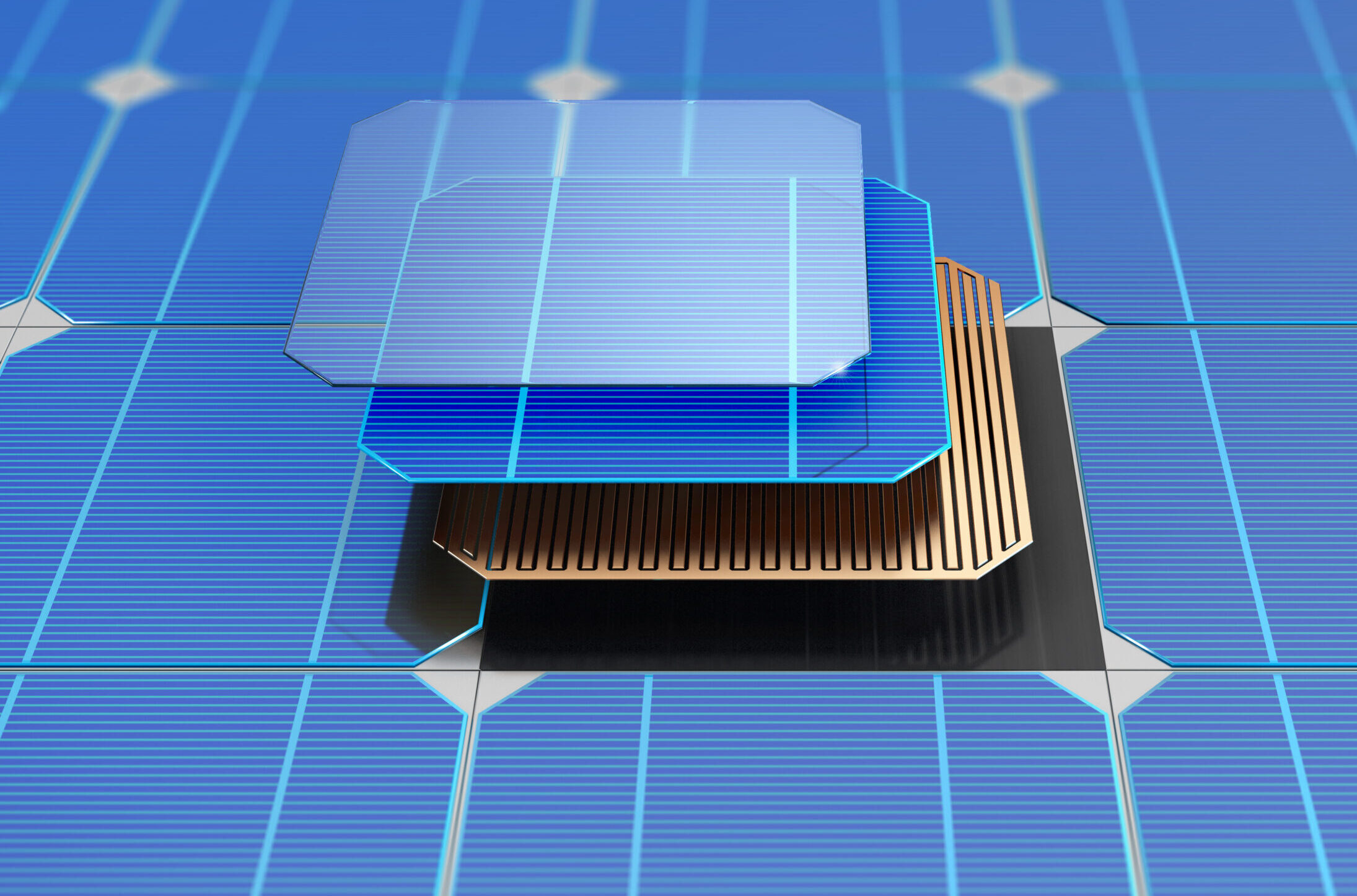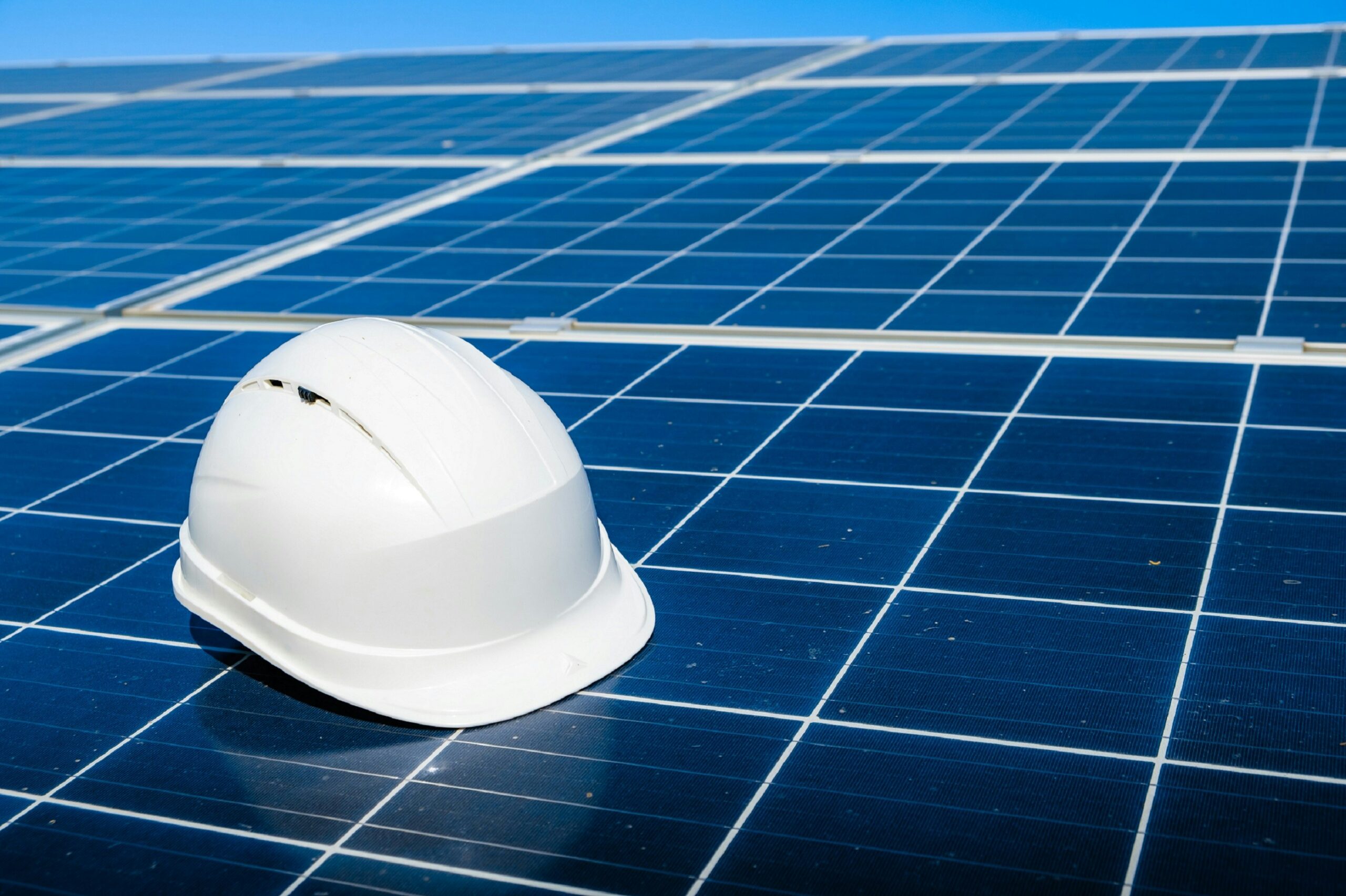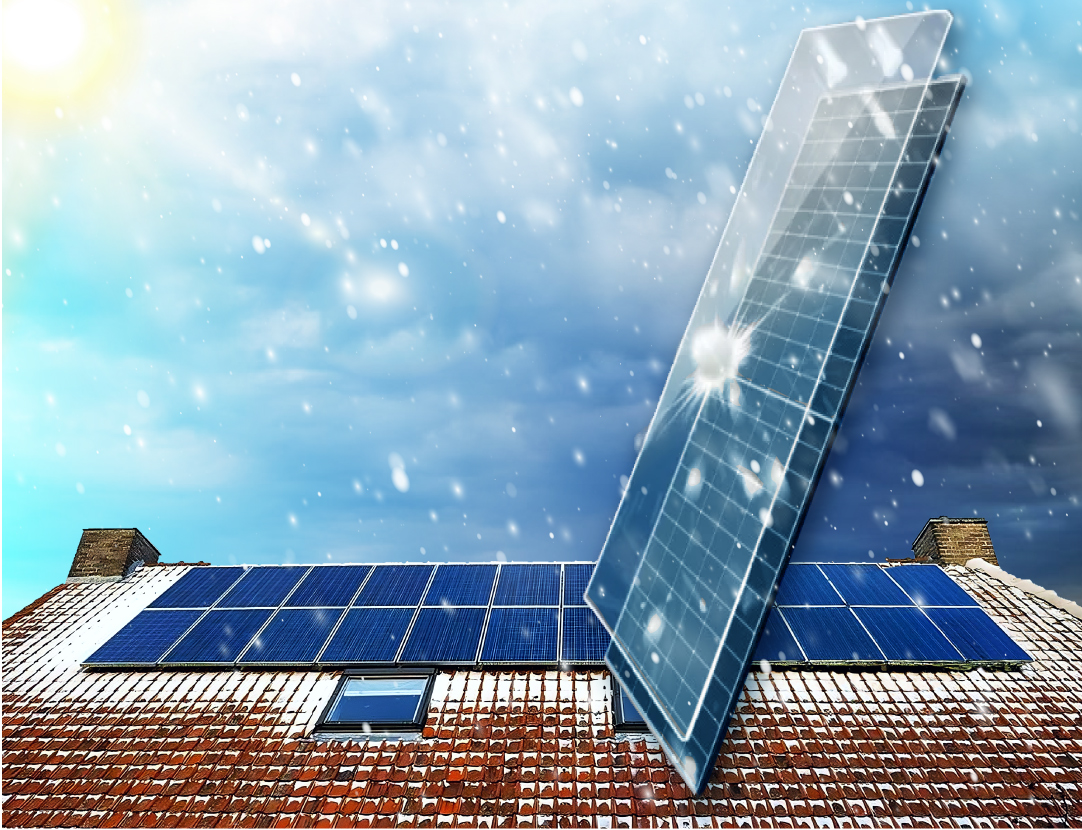Author: Mariela Guanchez
Picture this: you open your power bill, and instead of a jolt of anxiety, you feel a sense of calm—because your monthly total is surprisingly low. That’s what happens when you embrace solar energy to trim your household expenses. Let’s explore in detail how solar panels help reduce energy bills with solar, why the financial benefits add up over time, and what it means to tap into Solar incentives Nova Scotia for a real financial boost.
Going Solar in Nova Scotia: A Personal Spark
I’ll never forget the day I realized the difference a solar setup could make. My father, who had a small system, showed me his monthly statements—shockingly small. I remember thinking, “Wait, that’s less than I pay for my phone plan.” That was my spark: If his rooftop could do that, why not mine? A couple of years later, I installed my own array, powered by the knowledge that my region’s incentives and net metering laws made it a no-brainer.
The Nuts and Bolts of Saving
To save money on energy bills with solar power in Nova Scotia, you’ll rely on a few core concepts:
- Solar Production: Panels on your roof (or ground mount) convert sunlight to electricity.
- Immediate Consumption: You use that electricity in your home—lights, appliances, the works.
- Net Metering: Surplus power flows back to the grid, earning you credits for later.
At the end of the billing cycle, your usage is offset by whatever you fed into the grid, drastically shrinking your owed amount.
Financial Benefits of Solar Panels
1) Lower Monthly Bills
- Right off the bat, your utility statement can drop by 50–80%, depending on your system size and how much sunlight you get.
2) Solar Incentives Nova Scotia
- Programs like the SolarHomes rebate put up to $3,000 back in your pocket. Then there’s the potential for zero-interest federal loans if you qualify, reducing your upfront or financing costs.
3) Return on Investment
- Over time, the panels essentially “pay for themselves.” Once you’re past the break-even point (often in 7–10 years), the rest is mostly profit. And since panels last 25+ years, that’s a big chunk of savings.
I personally love how after a while, you basically forget what it feels like to have a large utility bill. Sure, you still pay a small base connection fee, but your monthly total is minimal compared to what you used to shell out.
Addressing the “Will Solar Panels Save Me Money?” Question
Short answer: Absolutely. The longer version: You need to do a bit of planning—size your system properly, use net metering effectively, and keep an eye out for relevant rebates. If you handle those steps, solar can be a robust financial boon.
A typical scenario might see you investing $20,000–$25,000 in a mid-sized system. Snag a $3,000 rebate, add in net metering, and watch your monthly bills plummet. In 8 years or so, you’ve recouped that cost via savings. Everything after that is gravy.
The Joy of Low Bills
I can’t emphasize enough how satisfying it is to open your power bill and see a drastically reduced amount. Beyond the monetary aspect, there’s a psychological boost, too—knowing your home is powered by the sun. It’s a bit like opening a gift each month, one that says “You’re paying far less than you used to.”
Solar Return on Investment: Big Picture
When people talk about solar panel return on investment, they’re typically factoring in:
- Initial cost (minus incentives)
- Annual energy savings
- Projected utility rate increases (the more rates rise, the faster you recoup costs)
In Nova Scotia, with stable but rising electricity rates, your ROI usually looks good. Each year, you effectively “earn” more by not having to pay the utility.
Future-Proofing Your Home
With the push toward electrification—think electric cars, heat pumps, induction stoves—your electricity usage might rise in coming years. Having solar panels means you’ll offset more of that usage, so your bills won’t skyrocket like they would if you were relying 100% on grid power.
How Atlantic Solar Helps
One reason I advocate for a local installer, like Atlantic Solar, is that they know the region’s laws, net metering procedures, and how to size a system for best results. They can also walk you through your payback timeline. Picture a friendly engineer coming by to discuss your daily routine: “Hey, how often do you run the dryer?” or “Planning on an electric vehicle soon?” That helps them craft a truly optimal system.
Real Homeowner Story
I recently spoke with a Halifax homeowner who installed an 8 kW system about a year ago. She told me how her typical $200 monthly bill shrank to about $35. She used a 0% interest loan to fund part of it, so her monthly loan payment is around $140. Net effect? She’s effectively paying $175 total, saving $25 a month from day one, plus once the loan is done in a decade, she expects to pay almost nothing. “I keep waiting for a big bill,” she joked, “but it never comes.”
Conclusion: A Clear Path to Savings
How solar panels can lower your energy bills and boost savings is no secret. By tapping net metering, grabbing local and federal incentives, and sizing your system well, you stand to see immediate monthly reductions—and a significant payoff over the life of your panels. If you’re itching to slash your utility bills, consider the potential of solar.

